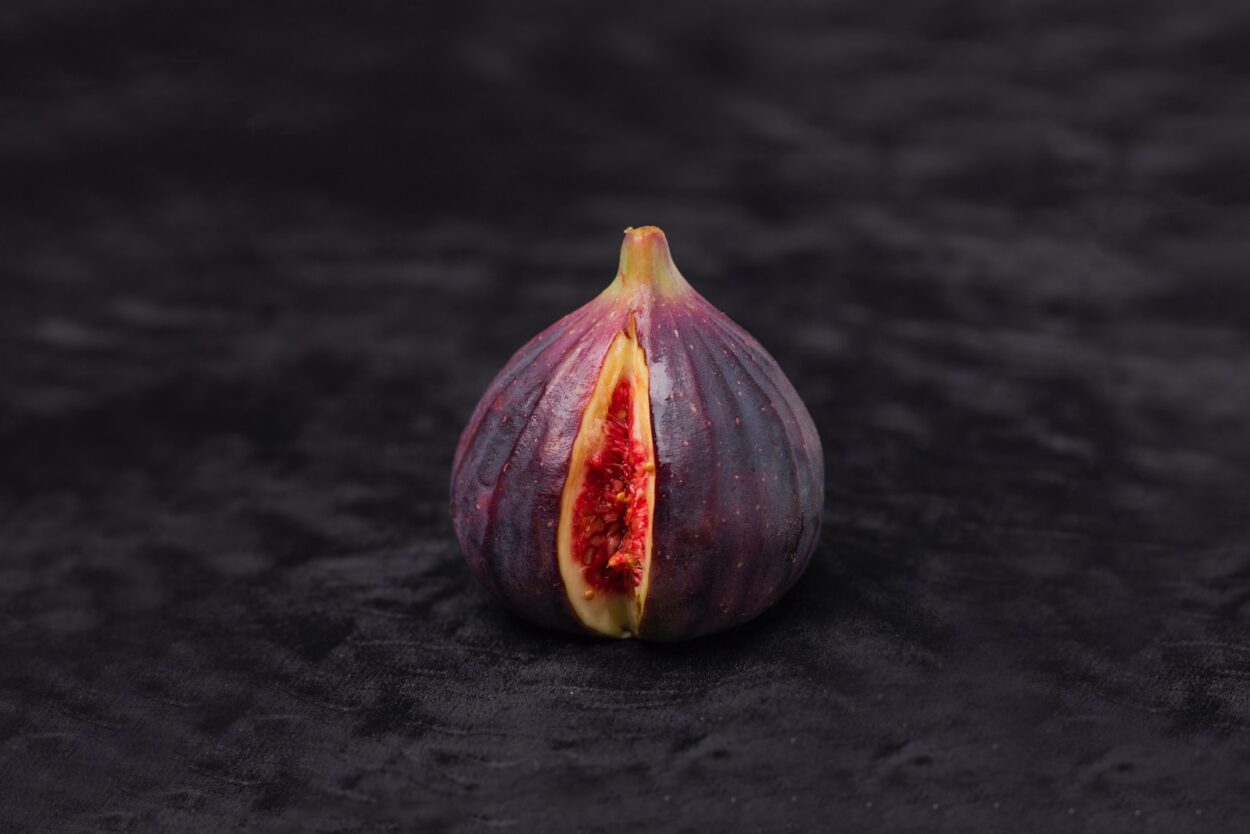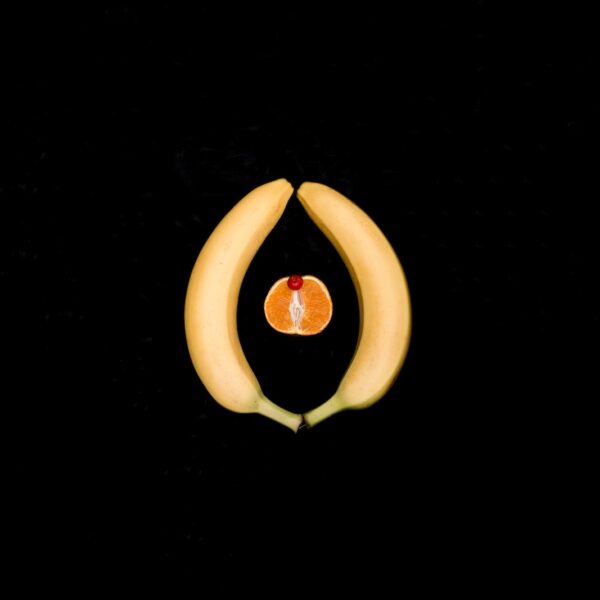All women are unique and the color of their vulva varies. Most of the time, this is not something to worry about.
However, sometimes dark spots on the vulva or vagina are cause for concern. It is best to become familiar with how your vulva typically looks and understand what changes in pigment might indicate.
1. Excessive Production of Melanin
Even the palest woman will have a different skin tone down there than her outer “lips.” But it’s not necessarily a sign of anything wrong. Often, the area around your vulva, anus, and labia is darker than the rest of your body because the melanocytes (pigment-producing cells) that make up your skin are located in these specific areas.
When there is friction or abrasion, these cells become active and increase melanin production. This can happen from everyday activities like walking, exercise, and sex. It can also occur when you use a waxing cream or shaving razor and irritate the skin. Intimate lightening products containing natural ingredients can help reduce these stubborn dark patches.
Dark genitals can also be caused by rubbing the area too much, especially when wearing tight or ill-fitting underwear. The friction is also increased when you are seated on hard or uncomfortable seats. This is one of the main reasons why you should wear loose fitting clothes in your private areas. You can also try using a natural vaginal bleaching cream that does not contain harsh chemicals or metals.
2. Skin Irritation
Intimate areas are naturally darker than the rest of the body, but if you notice that your vulva has darkened more than the rest of your skin, it might be a sign of an infection. Infections like yeast infections can cause vulvar dermatitis, an itchy rash that develops in the folds of your vulva. Other causes of itchy, dark discoloration around your vulva include diabetes and polycystic ovary syndrome.
Itchy, dark patches can also be caused by friction, especially when you wear tight, form-fitting clothing. This friction can cause the skin to rub against itself and make it darker.
Keeping your vulva area clean is the best way to prevent it from becoming too dark. In addition, it’s important to moisturize your vulva regularly with an oil that contains natural ingredients. You can also try adding more fruits and vegetables to your diet that are rich in vitamin C. This vitamin has mild skin lightening properties and can help brighten your vulva. A few examples of foods with high levels of vitamin C are berries, papaya, pineapple, and oranges.
3. Hormonal Changes
It’s common for the skin of the vulva and labia to be darker than other areas of the body. In most people, this occurs after puberty, and it’s completely normal. However, some women experience changes in the pigment that can cause them to worry.
This can be a result of hormonal changes, or from conditions that affect the area such as PCOS or ovarian cysts. In these cases, treatment may be necessary.
If the change is due to hormones, it could be a sign of pregnancy or menopause. During these times, there is often an increase in estrogen which can lead to the appearance of dark spots or patches on the vulva.
If you’re concerned about the color of your vulva, try using oil in your intimate area to lighten it. It’s best to choose plant-based oils like coconut and olive oil that have mild skin lightening properties. Also, eat foods that are rich in vitamin C, which has natural skin lightening benefits. You should avoid scented products that can disrupt your vaginal pH and instead wear loose-fitting clothing to reduce friction.
4. Infections
Women who have lighter skin often see their labia (vaginal lips) and vulva (external part of the genitals) darken over time, making it darker than the rest of the body. However, this is normal and not harmful. However, if you notice unexplained or sudden vaginal darkening, you should talk to your doctor or gynecologist.
A yeast infection, called vulvovaginitis, can cause the vagina to become darker and itchy. This is caused by overgrowth of the fungus Candida albicans and it’s most common in premenopausal women with a family history of ovarian cysts, or polycystic ovary syndrome (PCOS).
In some cases, menstrual blood can get stuck in the vagina and if it isn’t removed quickly it may turn black as it oxidizes over time, causing a condition known as hematocolpos. It’s important to visit your doctor if you experience this as it can lead to pelvic inflammatory disease (PID), which is a leading cause of infertility in women.
Another symptom of PID is a foul odor and painful urination. Some STIs, such as gonorrhea or chlamydia, can also cause itching and a darkening of the vulva.
5. Weight Gain
Some women are concerned when they notice their vulva or vaginal area becoming darker. This discoloration could be due to infections, like yeast or bacterial vaginosis that contribute to vulvar pigmentation. Similarly, excess sugar consumption can cause hyperpigmentation in intimate areas. In addition, the aging process is another factor that can darken the vulva, particularly if it has skin folds, or creases. Using a vaginal lightening cream containing the right ingredients such as Bodywise Intimate CareKojic Acid Serum is an effective way of reducing these pigmentations.
Lastly, you should visit your doctor if the discoloration is accompanied by other symptoms such as itching or discharge.




Leave a Comment